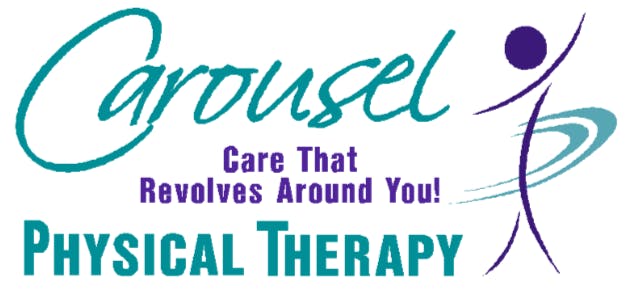So your kids got you to promise to exercise more in 2022 during the festivities of the holiday season. You couldn’t resist. After all, you agreed because you love them, but now you either disappoint them and take it easy, or you convince yourself to give it a try. Come on, you can do it whether you turn 60, 70, or even 80 years of age this new year, says Rebecca Weber, CEO of the Association of Mature American Citizens [AMAC].
“No one’s telling you to go to Olympic extremes. All you have to do is the basics, such as going for a 15 to 30-minute walk every day. Once you get used to it, you’re bound to up the ante and start doing things like carrying a pair of dumbbells on your outings. Pretty soon, you’ll find yourself doing sit-ups and push-ups. But be sure not to go to extremes, particularly if you have health issues. In fact, it is best to have a chat with your health care provider before you begin your exercise routine,” Weber advises.
The National Institute on Aging [NIA] recommends that you take it slow at first. You don’t want to overdo it. Over-exercising – particularly at the outset – can make you want to quit, or worse, cause injury.
The right way to get started, according to the NIA, is to:
- Begin your exercise program slowly with low-intensity exercises.
- Warm-up before exercising and cool down afterward.
- Pay attention to your surroundings when exercising outdoors.
- Drink water before, during, and after your workout session, even if you don’t feel thirsty.
- Play catch, kickball, basketball, or soccer.
- Wear appropriate fitness clothes and shoes for your activity.
- If you have specific health conditions, discuss your exercise and physical activity plan with your health care provider.
The pandemic has been hard on all of us, but it has been a particularly difficult experience for senior citizens creating an additional disincentive to take it easy if you can. However, says AMAC’s Weber, it can also be another good reason for working out. At the very least, it can take your mind off of the disease for a while on a daily basis, which can raise your spirits.
“When you consider what is required for someone to engage in exercise—time, motivation, goal, and willingness to put up with some discomfort—it becomes a little clearer as to why a person dealing with stress and anxiety would be less likely to engage … Despite having time on their hands, this person is struggling with psychological discomfort due to negative thoughts which saps away motivation and energy to engage in activities, let alone exercise,” says Dr. P. Priyanka.
In fact, a poll conducted by researchers from Canada’s McMaster University and Western University in April showed that participants who had worked out regimens prior to the COVID outbreak were exercising less as a result of the pandemic.
“But don’t use the coronavirus excuse to get out of doing your exercises,” says Weber. “Think of the benefits you’ll derive – the stamina and energy you’ll gain, not to mention the fact that it improves your mood and helps you fight off depression and not to mention the fact that you made a promise to your kids and your loved ones.”
______
source: https://amac.us/a-promise-is-a-promise-and-you-made-a-promise-to-get-more-exercise-in-the-new-year/WASHINGTON, DC, Jan 7

